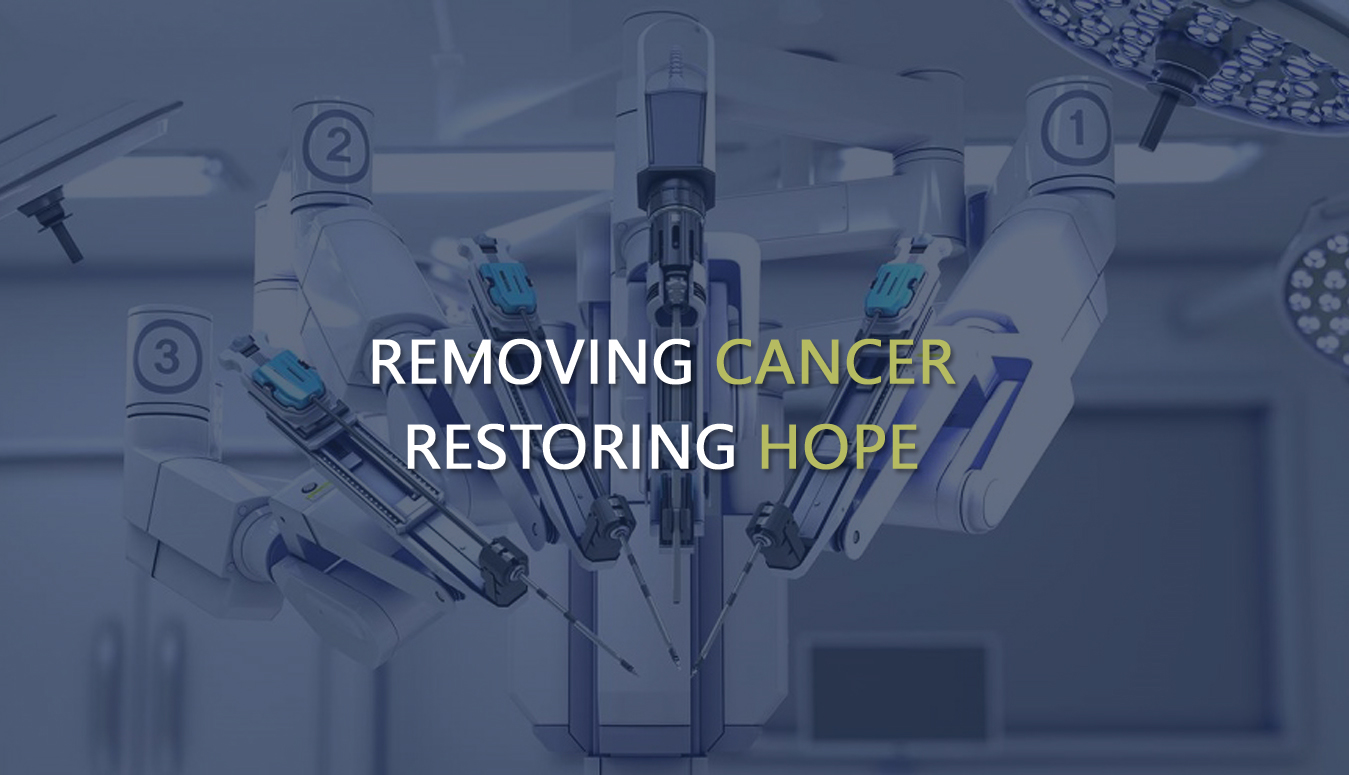Mouth Cancer
Mouth (Oral) Cancer
Mouth cancer is a form of head and neck cancer that starts in the mouth or on the lips. Every year, it affects almost 30,000 Americans and is most strongly tied to tobacco and alcohol use. Oral cavity cancer is another name for mouth cancer. (The phrase oral cancer refers to a larger variety of malignancies that begin in the salivary glands, throat, and mouth, as well as the mouth.)
Most cases of mouth cancer are discovered when your dentist sees symptoms during a routine inspection. The following are symptoms of oral cancer:
A bump or sore on the lip or in the mouth
A white or red spot on the gums, tongue, or cheeks.
Bleeding that is unusual or prolonged, pain, or numbnessin the mouth
Swelling that causes dentures to fit poorly or become uncomfortable
If the disease is diagnosed early, surgery performed by an expert in head and neck cancer is usually the main treatment. The prognosis is often very good. Treatment for mouth cancer may also include radiation therapy, chemotherapy, or a combination of the two.

What Causes Mouth Cancer?
The oral cavity is depicted with the gums, hard palate, inner cheek (buccal mucosa), tongue, floor of mouth, and lips.
Mouth cancer can start anywhere in the oral cavity, including the lips, floor of the mouth, tongue, inner cheeks, hard palate (roof of the mouth), and gums.
Mouth cancer can develop in any part of the oral cavity. The mouth is also known as the oral cavity. It contains
The mouth
The inner cheek and lip line
The tongue's front two-thirds
The top and bottom gums
Under the tongue, the floor of the mouth
The hard palate (the bony section of the mouth's roof)
The narrow space behind the wisdom teeth
The most prevalent locationsin the mouth where cancer develops are the tongue, the lips, and the floor of the mouth.
Cancer can also start in other places close to the mouth, such as the back of the throat or the salivary glands. These malignancies are not considered oral cavity cancers and may require distinct treatments. Learn more about throat cancer and salivary gland cancer.
What You Should Know About Oral Cancer:
Doctors that are board qualified in head and neck surgery are most suited to perform mouth cancer surgery. Our surgeons' primary goal to cure cancer while keeping your look and oral function.
Another major treatment for oral cancer is radiation therapy. Dr. Chaddha suggests combining radiation and chemotherapy (known as chemoradiation). When administered jointly, they improve therapy effectiveness and provide better results.
Some people may require reconstructive surgery as part of their cancer removal procedure. Many of the treatments utilized to preserve patients' appearance were developed by plastic surgeons.
Swallowing and speech issues can be side effects of mouth cancer and its treatment. Some persons have a restricted range of motion in their jaw. Others experience tooth troubles. Dr. Chaddha's holistic approach to mouth cancer therapy includes professionals in rehabilitation, speech pathology, dental oncology, and other fields. Learn more about our expertise in speech and swallowing.
Tobacco and alcohol usage are both significant risk factors for mouth cancer.
 help
help


